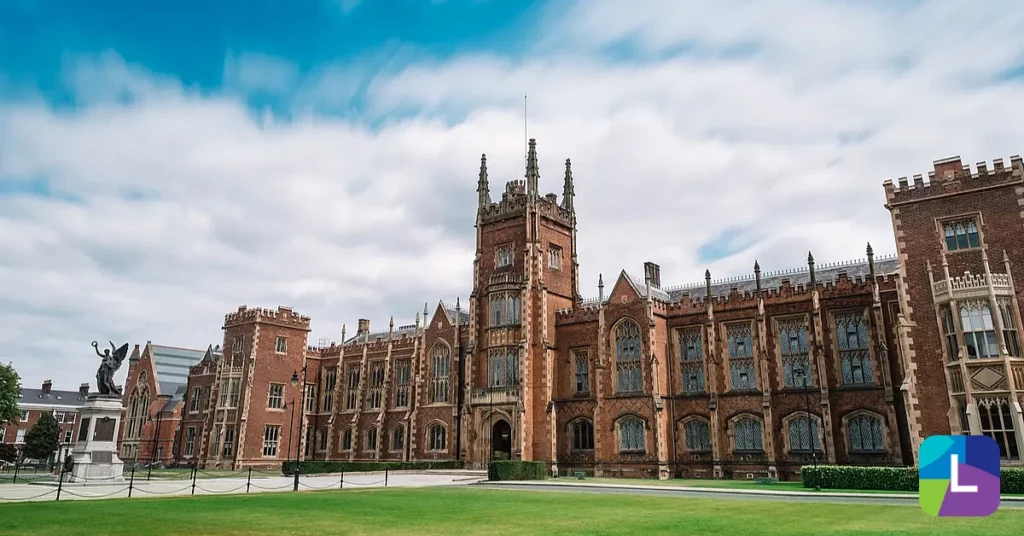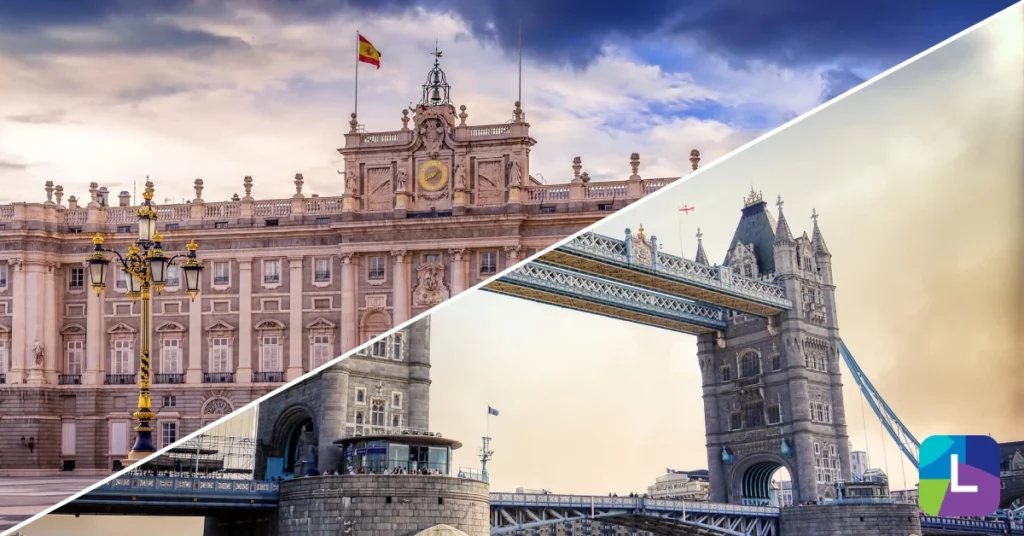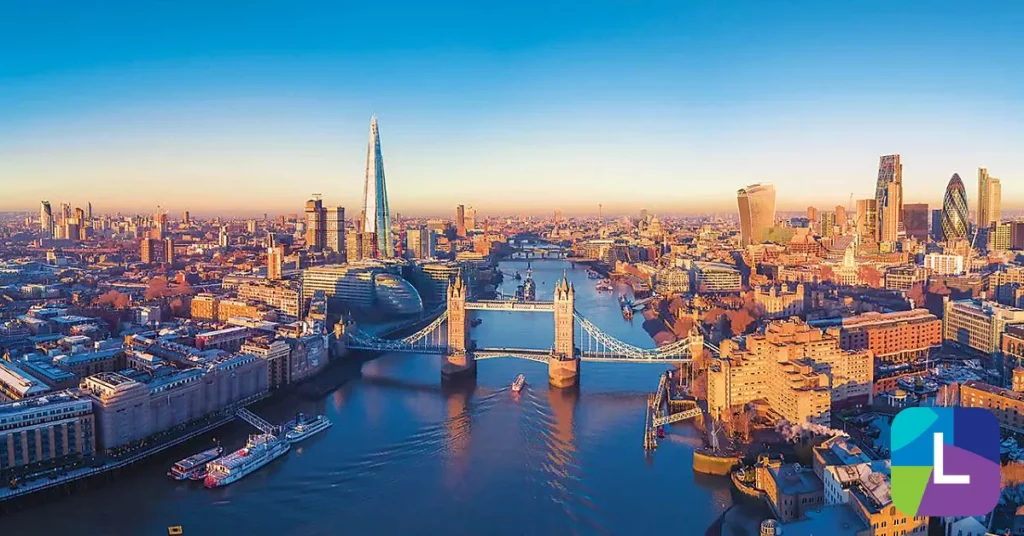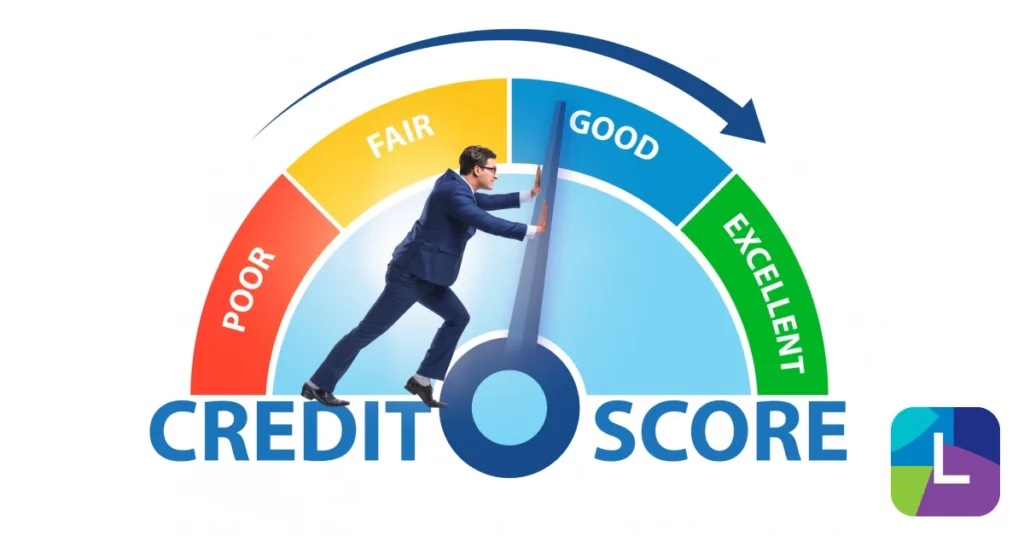Simple Differences Between Postgraduate Diplomas and Certificates
Finding the right postgraduate course can be challenging, especially when you can take different types of courses. You may be scrolling through various options but finding the right one for you can be hard to determine.
Postgraduate diplomas and certificates offer a shorter alternative to a Master’s degree, making them a more popular choice among prospective students.
Below you will find out a few simple differences between a postgraduate diploma and a postgraduate certificate.
Make your dream come true by seizing the opportunity to take your career-changing postgraduate degree. *Apply online and we’ll support you on your path to success.
Representative Example: Assumed borrowing of £30,825 over 120 months at 12.73% APR representative. Monthly cost of £509.26. Total amount repayable of £61,199.65. Interest rate of 11.62% p.a.(fixed) and total fees of £925.00. Available for loan amounts between £5,000 – £100,000.
(Representative Example date: October 2024)
*Credit is subject to status and loan approval is not guaranteed. Over 18’s only. Terms and conditions apply.
What are postgraduate diplomas?
A postgraduate diploma (PGDip) is an advanced version of a bachelor’s degree that holds the same level of qualification as a master’s degree. A PGDip can also be abbreviated and referred to as a PgD, PGD, and PgDip.
What are postgraduate certificates?
A postgraduate certificate (PGCert) provides the same level of qualification as a master’s degree, similar to a postgrad diploma, but shorter than both. PGCert can also be abbreviated and referred to as a PgCert, PG Cert, PGC and PgC.
How do they differ from a Master’s degree?
The main difference between a master’s degree and the Postgraduate Diplomas (PGDip) and Postgraduate Certificates (PGCert) is they include a high-credit level dissertation, typically during the final year (if more than a year-long). However, you will most likely be assessed by either or a combination of exams, assignments and coursework. Beyond this, you should expect to put in the same work ethic as other degrees.
- A master’s degree is typically a year or two long. They will normally require 180 credits to complete.
- A postgraduate diploma takes nine to 12 months to complete. They normally require 120 credits to complete, however, they are much cheaper to do.
- A postgraduate certificate typically lasts a term or two (15-30 weeks).
In a brief description, a postgraduate diploma is valued at two-thirds of a Master’s and the postgraduate certificate is one-third.
What subjects are available?
Almost all universities that run a master’s degree will also provide a PGDip and PGCert. You can study for a PGDip/PGCert in almost any subject offered as a master’s degree. This is because they tend to contain the same content but without certain modules and dissertations. Typically, they are listed alongside the masters on the university website.
There are various professional training courses that allow you entry into certain professions that are classified as postgraduate diplomas and certificates. For example, PGDip in Social Work or PGDip in Education for those seeking short qualification books into those industries.
Can you change course?
In some cases, you are able to switch from a full master’s degree to a postgraduate diploma partway through your course. Many students find a diploma to be more suited to them which could be caused by various circumstances such as a tight schedule, financial difficulties or other important causes.
This option is also suitable for those who decide they would prefer to undertake exams or coursework instead of a dissertation.
If you begin studying for a PGCert, you’ll have an opportunity to upgrade your study into a diploma or even a master’s degree.
What are the entry requirements?
In a majority of cases, the entry requirements are similar to those for masters. You’ll require at least a 2:1 degree in a relevant subject. You may also require certain years of experience prior to the studies. Some professional training courses will require a level of work experience as well as a degree.
If you’re an international student, you will also need to provide a strong grasp of English. Our blog on if you are required To Take An English Language Test For Postgraduate Study for more information.
How much do they cost?
As expected, PGDips and PGCerts are shorter than a master’s degree and thus will be cheaper than one. Fees will vary depending on the subject as well as the university.
Fees are quoted for the specific year and they are subjected to yearly review. If you are unsure how much a course costs or if you cannot find any details online if a course can be taken as a diploma or certificate, you should contact the university for more information.
What are the benefits and drawbacks?
There are a number of benefits and drawbacks to preferring a PGDip or PGCert. Below are a few points to consider:
Benefits:
- Give you a level 7 qualification without the financial and time commitment of a full-time masters
- Allows you to kick start your career early, especially in roles such as teaching or social worker
- Gives you specialised knowledge
- Improve career progression and earning potential
Drawbacks:
- They don’t hold the same weight as a master’s degree. If you plan to complete a PhD or equivalent doctorate, you may need to find which degree you’ll need beforehand.
- Funding options are more limited compared to a masters
- Could be an expensive endeavour if an employer prefers more years of work or a more extensive qualification
How do you choose the right qualification for you?
You can easily view the courses on each university’s website, however, there are a few more things to consider before applying. You should think of the following:
Course content
How many lectures and tutorial classes will there be? How many weeks do you need to attend? What are the modules as part of the course?
Personal/Professional Commitment
Will you be able to fit the course around your personal, family, and work commitments?
Department Ranking/University Reputation
What impact will the university have on your employability in what support do they offer? Does the department in that university excel in the subject area?
Employment prospects
Is the qualification necessary in your career? Do you need to upgrade to a full master?
Fees
Are there cheaper alternatives elsewhere? Can you afford it?
Funding
Are you able to get a Government loan, private loan or any other funding to afford the course?
Student satisfaction
How does the university perform overall? Will your needs be met? Have you read or spoken to previous graduates from the university?
Tutors
Will the course be taught by an industry leader or expert? What will your tutor be like?
How do you apply for postgraduate diplomas or certificates?
Apply directly through the university website. The deadlines are typically set a few months prior to the start date, but the earlier you apply, the better chance you can find funding for your course and receive admissions.
Different universities have different admission processes. You may be required to attend an interview, provide work experience/examples, or even sit an exam. Contact the university for more information on the application process.
Where can you get more advice?
You can find more information about the course, university and qualification in a number of different ways.
Career services
You can contact advisers to help you explore options and decide which course of action is best suited for you. They can also help with applications if you require them.
Current students / Postgraduate fairs
This is the best way to find out whether or not the course is suitable for you. You can attend open evenings and talk to current students or recent graduates to find out more about the university, their opinions and other prospective students too.
Tutors
They can help you decide if the course is suitable for your needs by telling you about the course content, the journey and whether or not it can help you achieve your career goals.




